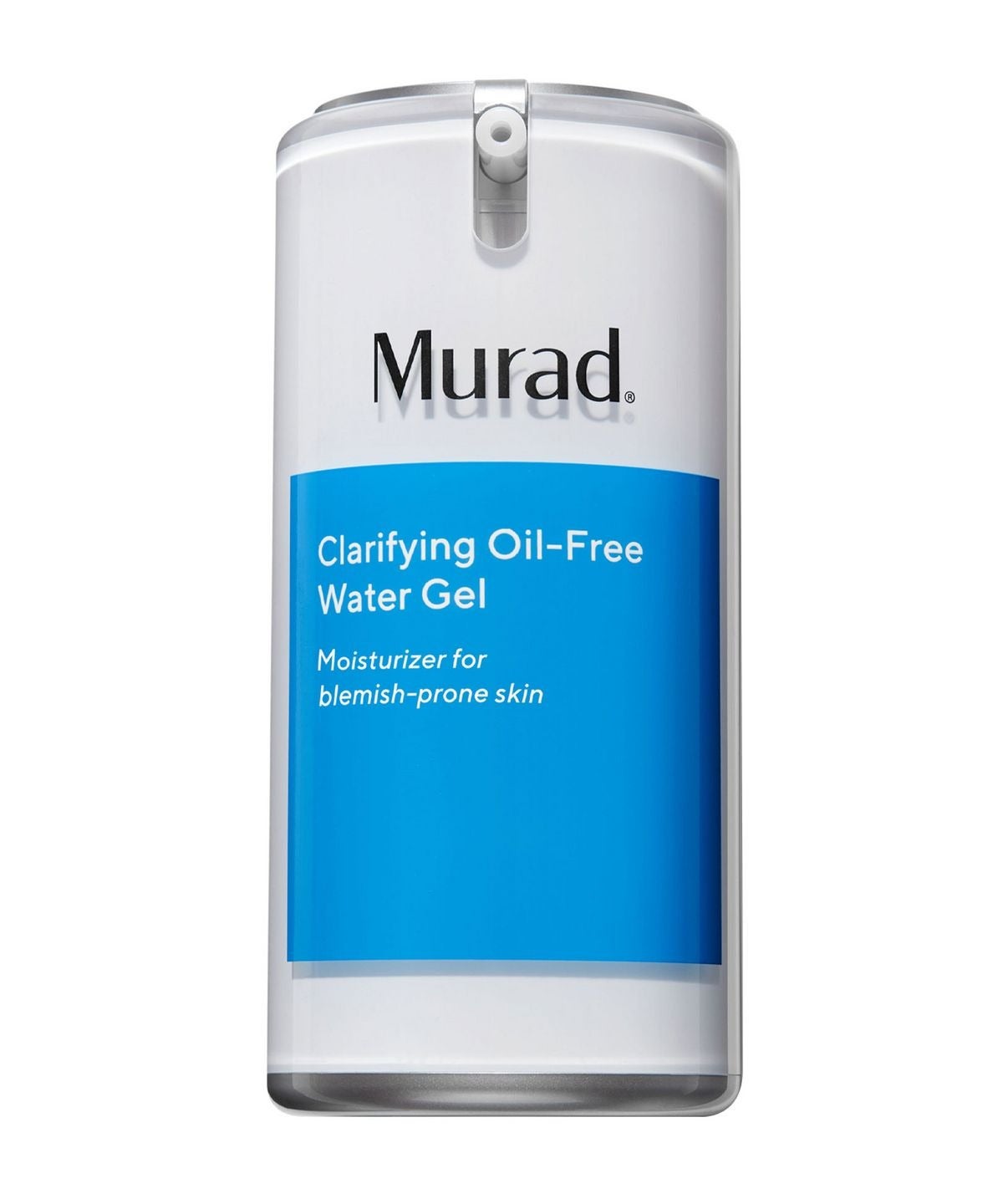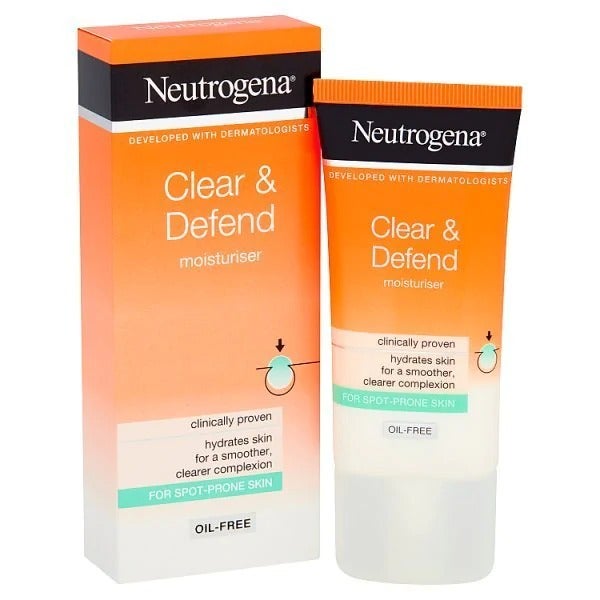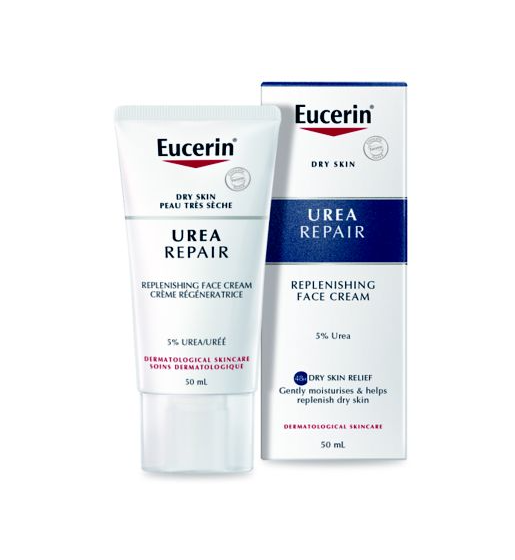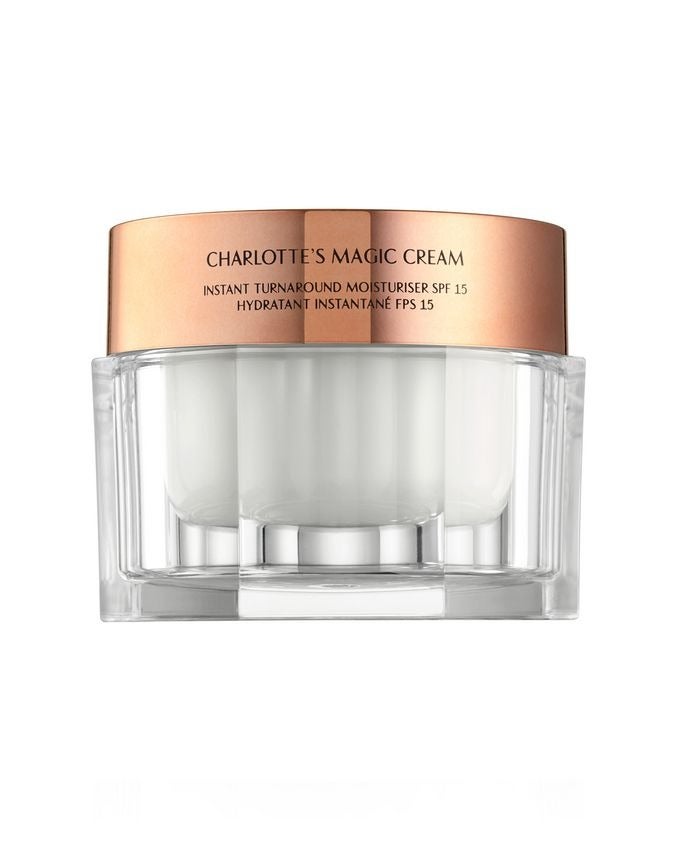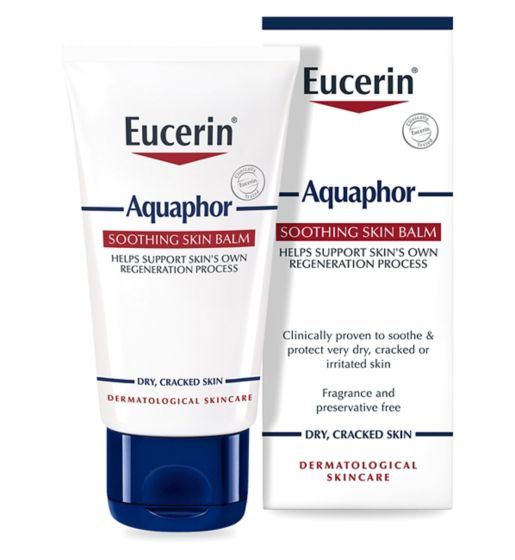Slugging Is The New TikTok Skincare Hack, But It Could Do More Harm Than Good
Photographed by Beth Sacca
Since bursting onto the scene, TikTok has brought us countless clever beauty hacks. Think faux tan freckles and how to get the very best out of your dry shampoo, unearthing skincare brands considered to be hidden gems (such as Paula's Choice and CeraVe) and bringing us Instagram-worthy hair trends including the new-generation curtain fringe. Lately, though, all beauty lovers are talking about is the Korean skincare trend known as 'slugging'.
While slugging doesn't sound as buzzy or glamorous as other skin trends growing in popularity, like skinimalism or mirror skin, it has recently piqued the interest of skincare brands and dermatologists, who are all weighing in. So what exactly is slugging and will it give you glowing skin?
AdvertisementADVERTISEMENT
What is slugging and how do you do it?
"Slugging is thought to have originated in South Korea and involves covering the entire face in a thick layer of petroleum jelly (or Vaseline) before bedtime," explains Dr Adil Sarwar, aesthetic doctor and founder of Skin Science Clinic. "It has been popularised in the West by websites like Reddit (and, of course, TikTok) and is touted by countless beauty trend articles and bloggers around the world." Dr Sarwar mentions that slugging is especially recommended during the winter months, when cold weather and central heating zap skin of moisture and plumpness.
What does slugging do for skin and what are the benefits?
"Many people have problems with dry and flaky skin, and slugging aims to lock in moisture overnight to protect the skin throughout the day," says Dr Sarwar. "Lots claim that they wake up in the morning with remarkably softer and glowing skin." This is because something like petroleum jelly is not absorbed into the deep skin layers. "Instead, petroleum jelly acts as a surface barrier to keep dirt out and prevent the loss of moisture."
Is slugging bad for skin?
Initial reviews for slugging may be positive but there are many downsides to the skincare trend, especially if you're prone to breaking out, whether that's whiteheads, blackheads or under-the-skin spots.
"While slugging may give the short-term gratification of softened skin, I suspect that pores would become clogged over time, and the skin would lose moisture in the long term if only petroleum jelly is used to provide hydration," says Dr Sarwar. In other words, a moisturiser is a better option.
AdvertisementADVERTISEMENT
Dr Sarwar continues: "Although petroleum jelly itself is non-comedogenic (unlikely to clog pores and cause spots), it is not easily absorbed by the skin and sits on the top layer of the skin. As spots are caused by bacteria being trapped inside pores, putting anything occlusive (or heavy) directly on the skin for an extended duration could potentially cause breakouts."
In fact, Dr Sarwar strongly advises against slugging if you have oily or combination skin. "Adding a greasy substance like petroleum jelly to already oily skin would give an even shinier appearance to the face and would likely lead to the onset of spots, redness and enlarged pores."
Should you try slugging?
While many experts are wary of advocating slugging, skincare is all down to personal preference and, of course, trial and error. If you want to try it, here's a top tip: "I would recommend cleansing the skin thoroughly first, using your regular moisturiser and rubbing a small pea-sized amount of petroleum jelly over the skin rather than slathering it with a thick layer," explains Dr Sarwar. That said, he doesn't particularly rate the effects, especially if your skin is dry and requires moisture, because petroleum jelly doesn't moisturise skin; it just stops moisture from escaping. "Instead, I would suggest investing in a good-quality moisturiser that is suited to your specific skin type," says Dr Sarwar.
"For oily or combination skin, I would recommend using an oil-free moisturiser," says Dr Sarwar. R29 rates Murad Clarifying Oil-Free Water Gel, £38, and Neutrogena Clear & Defend Moisturiser, £4.99, both of which quench skin without leaving behind a greasy residue.
AdvertisementADVERTISEMENT
"For dry skin, I would look for a more nourishing moisturiser that provides both hydration and a barrier, preferably something containing glycerin and every dermatologist's favourite, hyaluronic acid, which is sometimes listed in the ingredients as sodium hyaluronate," says Dr Sarwar. We rate Eucerin Dry Skin Relief Face Cream 5% Urea, £11, Aquaphor Soothing Skin Balm, £9.99, and Charlotte's Magic Cream Moisturiser, £49.
Refinery29's selection is purely editorial and independently chosen – we only feature items we love! As part of our business model we do work with affiliates; if you directly purchase something from a link on this article, we may earn a small amount of commission. Transparency is important to us at Refinery29, if you have any questions please reach out to us.
AdvertisementADVERTISEMENT







